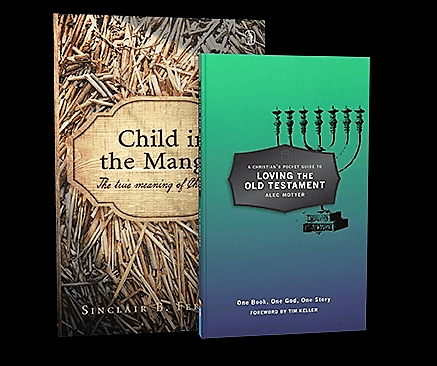December 19
A Grand Question
The sea was no more. - Revelation 21:1
We could scarcely rejoice at the thought of losing the glorious old ocean: The new heavens and the new earth are not attractive to our imagination if in fact there is literally going to be no great and wide sea with its gleaming waves and sandy shores. Should the text not be read as a metaphor tinged with the prejudice with which the oriental mind universally regarded the sea in the olden times?
A real physical world without a sea is a sad idea; it would be an iron ring without the sapphire that made it precious. There must be a spiritual meaning here. In the new dispensation there will be no division—the sea separates nations and divides peoples from each other. To John in Patmos the deep waters were like prison walls, shutting him out from his brethren and his work: There will be no such barriers in the world to come. Leagues of rolling billows lie between us and family members whom tonight we prayerfully remember, but in the bright world to which we go there will be unbroken fellowship for all the redeemed family. In this sense there shall be no more sea.
The sea is the emblem of change; with its ebbs and flows, its glassy smoothness and its mountainous billows, its gentle murmurs and its tumultuous roarings, it is never the same for very long. It is a slave of the fickle winds and the changing moon, and its instability is proverbial. In this earthly journey we have too much of this; earth is constant only in her inconstancy. But in our heavenly state all mournful change will be unknown, and with it every fear of storms that would wreck our hopes and drown our joys. The sea of glass glows with splendor unbroken by a wave. No tempest howls along the peaceful shores of paradise.
Soon we will reach that happy land where partings and changes and storms shall be ended! Jesus will guide us there. Are we in Him or not? This is the grand question.
Family Bible reading plan
verse 1 Zechariah 6
verse 2 John 9
Child in the Manger: The True Meaning of Christmas
The birth of Jesus divided history into two major epochs. Until the dawn of our hyper-sensitive age, even the way we dated events underscored this. From time immemorial, every day, week, month, and year has been described as either “B.C.” (“Before Christ”) or “A.D.” (Anno Domini, “in the year of our Lord”). Even the modern, pluralistic style abbreviations, B.C.E. (“Before the Common Era”) and C.E. (“Common Era”) cannot obliterate the indelible impress of Jesus birth. For what makes the “Common Era” so “common”? And what explains the dividing line date? The answer is the same: the birth of Jesus. At the very center of history stands the person of Jesus Christ. And He does so because He is at the center of God’s story.
Click here to learn more about Truth For Life
From Morning & Evening revised and edited by Alistair Begg copyright © 2003. Used by permission of Crossway Books, a publishing ministry of Good News Publishers, Wheaton, IL 60187, www.crossway.org.



